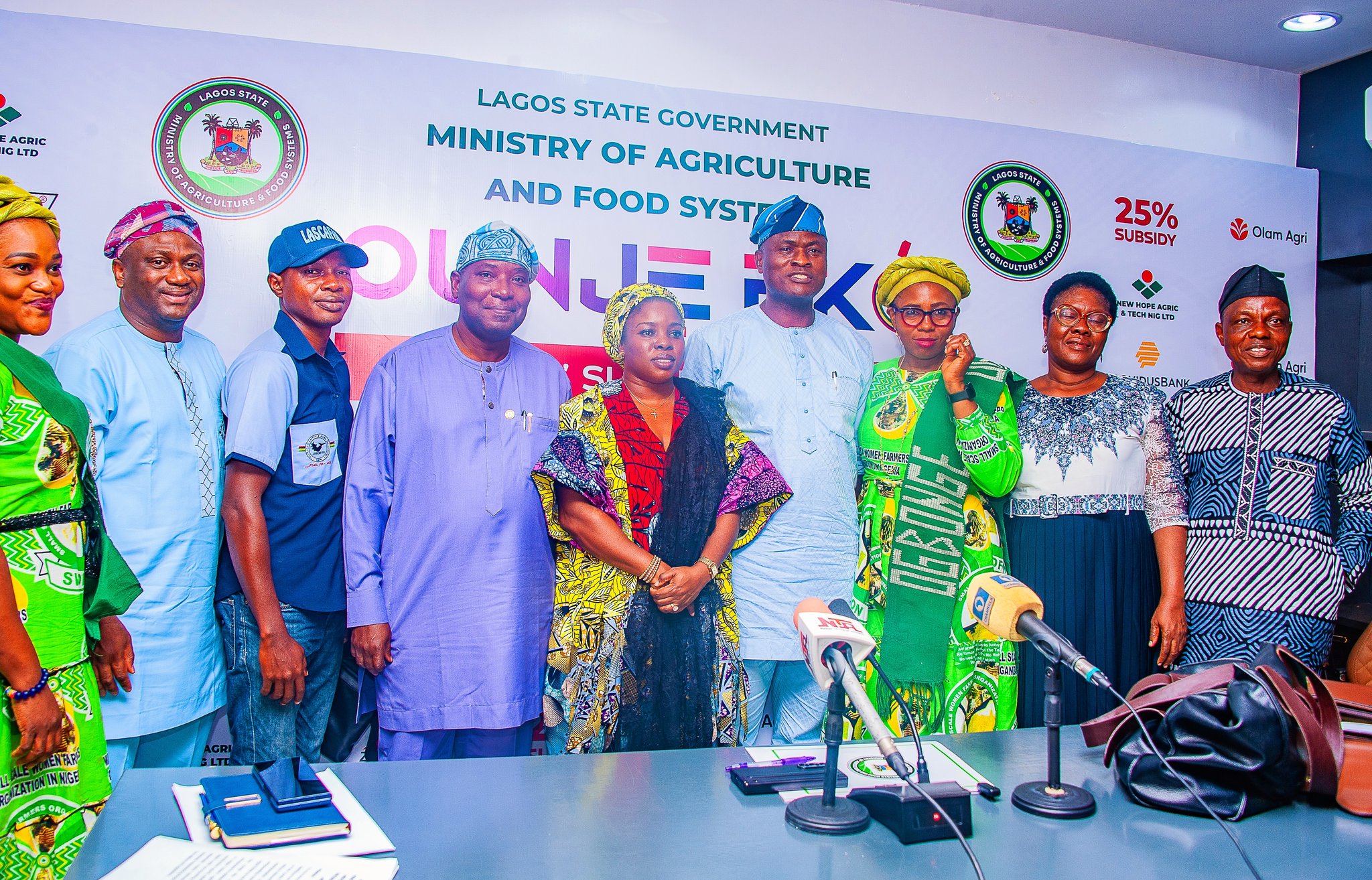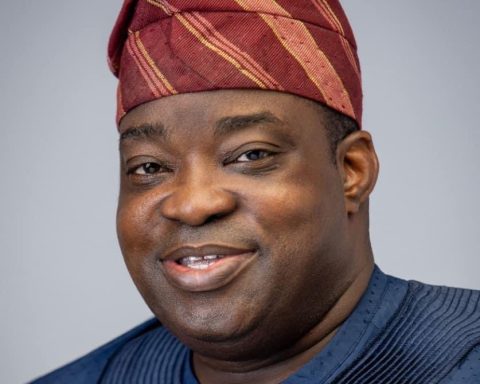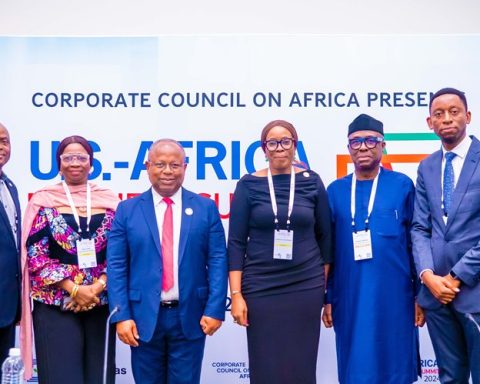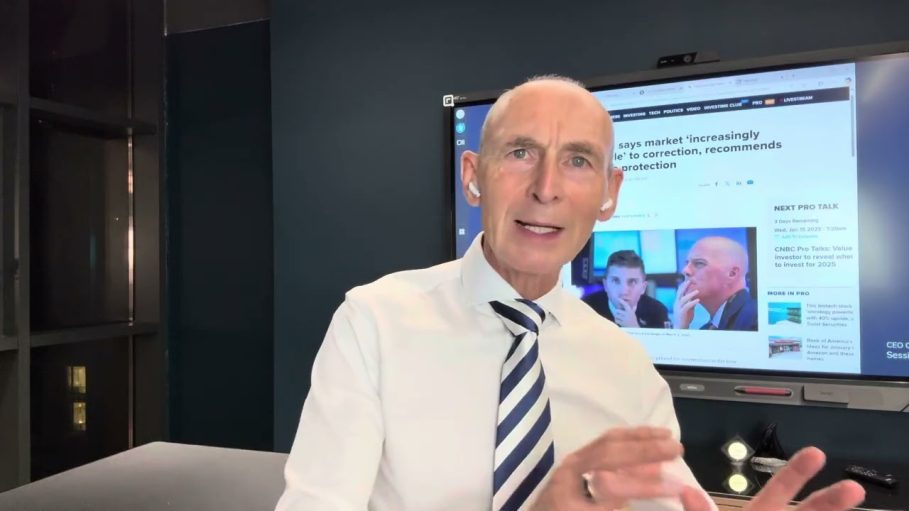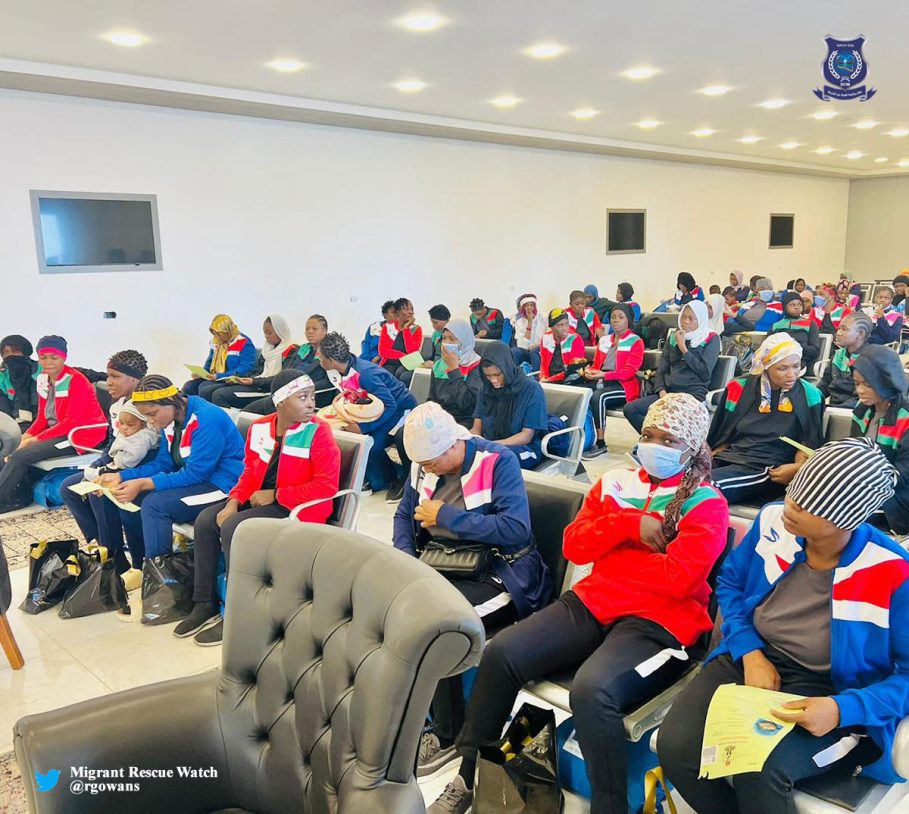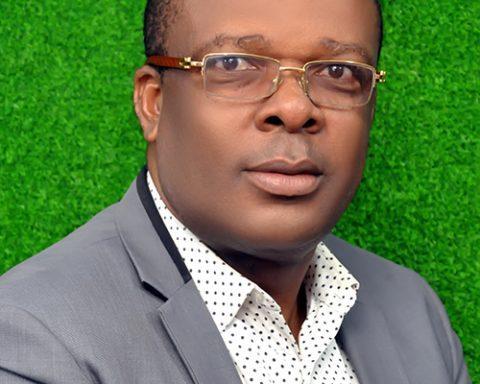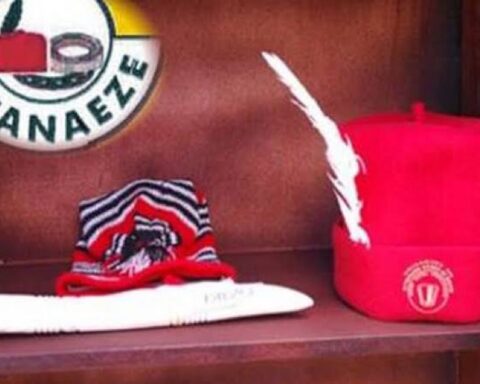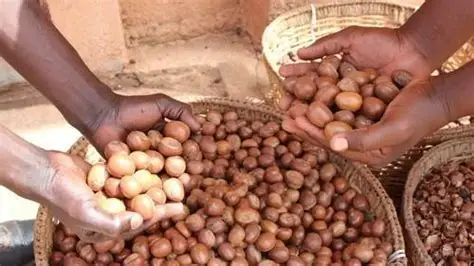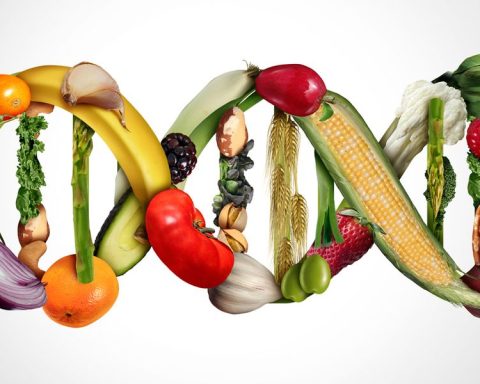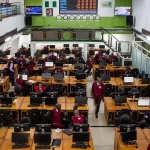The Lagos State Government has rolled out the second phase of its Ounje Eko Farmers’ Subsidy Programme, expanding its intervention in key agricultural value chains to ease cost pressures on consumers and producers as the festive season approaches.
Commissioner for Agriculture and Food Systems, Abisola Olusanya, who announced the initiative at a briefing in Ikeja, said the programme is designed to stabilise food prices, enhance productivity, and sustain livelihoods across the state’s agricultural ecosystem. She added that the initiative aligns with Lagos’s broader Food Systems Transformation Agenda under the Produce for Lagos plan.
“We are working with value chain associations, large-scale farmers, and market groups to induce a reduction in consumer prices as we approach the end-of-year festivities,” Olusanya said.
Join our WhatsApp ChannelUnder Phase II, the state government is offering a 25 per cent subsidy on poultry and fish feed the two inputs that account for over 70 per cent of production costs in their respective sectors.
Pig farmers will receive free grains, while vegetable farmers will benefit from mechanised support tools such as power tillers, solar sprayers, and mini-tractors to enhance yield and reduce labour costs.
The scheme covers ten agricultural clusters across Lagos, including Agege, Epe, Badagry, Ikorodu, Ojo, and Ajah, ensuring the programme reaches both peri-urban and rural producers.
READ ALSO : Lagos State Commissioner Urges Youth Participation In Agriculture
Top 10 Travel Agencies In Lagos State
Only registered farmers’ associations including the Poultry Association of Nigeria (Lagos Chapter) and the Lagos State Catfish Allied Farmers Association of Nigeria (LASCAFAN) are eligible to participate, a move the ministry said is intended to ensure transparency and traceability of impact.
Building on Previous Economic Gains
Phase I of the Ounje Eko programme, launched earlier in 2025, was credited with boosting local production and moderating prices of poultry and fish products.
Data from the ministry show that 5,000 farmers benefited from over 993 metric tons of poultry feed and 265 metric tons of fish feed, resulting in the production of 258,000 layer birds, 177,100 catfish, and over seven million eggs.
That earlier intervention helped reduce egg prices from ₦6,000 to around ₦5,000–₦5,400 per crate, illustrating the potential of input subsidies to influence downstream consumer costs.
Lagos’s renewed focus on agricultural input subsidies comes amid broader national food inflation, with costs of protein sources such as fish, poultry, and pork soaring due to rising feed and energy prices.
The Ounje Eko programme seeks to cushion these effects, particularly during the high-demand festive period, by lowering production costs and supporting supply resilience. Economic analysts say such interventions are critical to urban food security and cost stability in Nigeria’s commercial capital, where over 70 per cent of the population depends on market-purchased food.
“By targeting inputs directly, Lagos is addressing the cost drivers in the food value chain rather than short-term retail subsidies,” said one agricultural economist familiar with the programme. “The approach is economically sound but requires strong monitoring to ensure savings reach consumers.”
To ensure effective implementation, the Lagos State Government said it will work with farmers’ cooperatives and monitoring teams to prevent diversion and track distribution efficiency. Beneficiaries must present valid association registration and proof of active farming operations before accessing the subsidy.
Officials added that market surveys will be conducted during the festive period to measure changes in consumer prices for poultry, fish, and pork – key protein sources in Lagos households.
Commissioner Olusanya emphasised that the intervention is part of a long-term economic diversification strategy, positioning Lagos as a regional hub for agribusiness investment and food processing.
“Our goal is not just to lower prices temporarily but to build a sustainable food economy where Lagos produces more of what it consumes,” she said.
If effectively implemented, analysts say the subsidy could help ease price pressures in the short term while improving food system resilience in the long run. However, sustained impact will depend on funding continuity, private-sector participation, and efficient logistics across the agricultural supply chain.
The Ounje Eko Farmers’ Subsidy Programme thus underscores Lagos’s attempt to navigate a delicate economic balance supporting farmers, protecting consumers, and strengthening local production against persistent inflationary headwinds.
Amanze Chinonye is a Staff Correspondent at Prime Business Africa, a rising star in the literary world, weaving captivating stories that transport readers to the vibrant landscapes of Nigeria and the rest of Africa. With a unique voice that blends with the newspaper's tradition and style, Chinonye's writing is a masterful exploration of the human condition, delving into themes of identity, culture, and social justice. Through her words, Chinonye paints vivid portraits of everyday African life, from the bustling markets of Nigeria's Lagos to the quiet villages of South Africa's countryside . With a keen eye for detail and a deep understanding of the complexities of Nigerian society, Chinonye's writing is both a testament to the country's rich cultural heritage and a powerful call to action for a brighter future. As a writer, Chinonye is a true storyteller, using her dexterity to educate, inspire, and uplift readers around the world.


